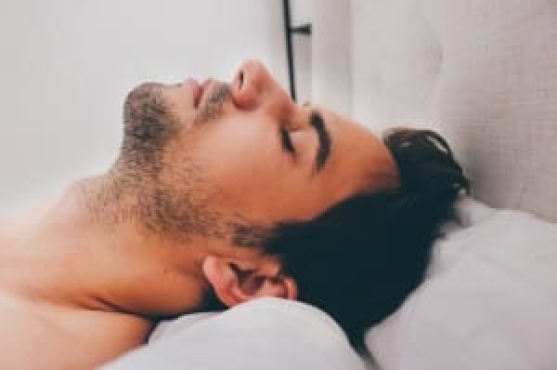
Apr

The regenerative benefits of sleep – are you getting enough?
Are we a ‘sleep-deprived nation’? Shirley Cramer from the Royal Society for Public Health spells out for us what we should be getting and why.
In an interview on the BBC she said that the average ‘slumber number’ for an adult should be somewhere between seven and nine hours a night. Do you get that much sleep? I know that I don’t.
In our fast-paced, technology-filled world today, is it realistic to expect an adult to get that much sleep? Can someone who has to look after kids and hold down a job, who stresses about budgeting and mortgages, who still wants to see their friends once in a while, and who is constantly influenced by the lure of the shimmering screen, whether that be from their TV, laptop, tablet or smartphone, really wind down early enough and get up late enough to have that much downtime? I suspect that it would take a monumental effort to do that once in a while, on weekends maybe (if you don’t have kids), but to do it on a regular basis would take a significant lifestyle shift.
Of course it is possible. More and more people can now choose to work from home, meaning a time saving from not having to commute to work each day. And there’s strategies like having a day each week where the kids stay with their grandparents (if that’s at all possible), a change in diet to not eat too late or drink energy drinks, tea or coffee after a certain time, banning mobile phones from the bedroom and not falling asleep in front of the TV. There are many ways in which we can lengthen our rest time, but as I said, it will take a lifestyle change for most of us to even get close to the hours Shirley was recommending.
In 2013, The Sleep Council’s Great British Bedtime Report, conducted by insight agency Opinion Matters, concluded that a third of us sleep less than seven hours, and this figure was up from three years earlier. Research carried out in 2015 suggested that though an average Brit would sleep just over 7 hours a night, we were actually doing well compared with the rest of the world, with only the populations of Finland, Netherlands and New Zealand getting more sleep than us. Personally, looking at the figures, I feel this is less an achievement for us and more a damning indictment on the rest of the world’s poor sleeping habits and the globalisation of the sleep deprivation issue.
Shirley went on to say that the less sleep you have, the higher your risk of numerous conditions such as cardiovascular disease, cancer, diabetes, depression, and eating disorders. She said: “We need to think about sleep in the same way as we think about all the other things that are good for our health, in the same way as we think about a good diet or physical activity.” She also admitted that though we still don’t know why, sleep is ‘restorative’ and sleep researchers have discovered just how good a good night’s sleep can be for all of us.
So, before you go out for a jog, pop down the gym or use any of our outdoor fitness equipment at the local park near you, get the snooze your body needs.

















